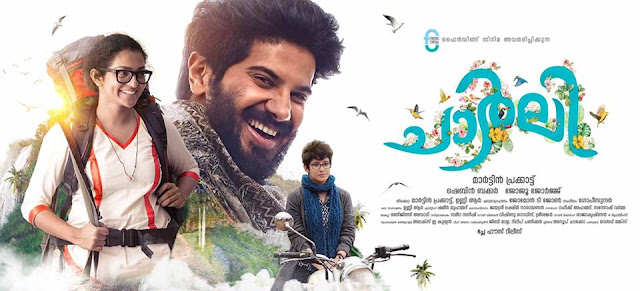The Immortal King Rao by Vauhini Vara
The Immortal King Rao was a book I had given up on, last year I think. But something drew me to the same, earlier this month and once I was invested with the little Rao's growing up years in his little village in the back of nowhere past the East Godavari districts, I couldn't stop reading about the rise and rise of a Dalit dark-skinned man right at the centre of the world power, the riding the waves of innovation in tech-corridors of Corporate America, who then ultimately fucks up and then retreats to a small island.
Yeah, it's as fascinating as it sounds, but wait there's more!
There were bits of the novel that were a brilliant trip drenched in nostalgia, especially the parts of Rao's childhood as he is witness to the Dalit Rao family's rise and fall in his native village of Kothapally. Those for me, still remain the most heartfelt parts of the book that had me hooked. The other parts of the book that poses as a biting social satire about the early days of India as a Republic, deftly shifting tone to the last days of the United States of America, before the rise of a worldwide autonomous government known as the Shareholder Government, were a bit drab for me.
The premise right at the beginning is that these tumultuous chapters of history about Rao, his upbringing where he is taught the "need" to leave a legacy behind by some of his older generations ( It's funny that he is influenced by his uncle and aunt, rather than his actual father and mother and these two, in turn, Seethamma and Chinna are the ones who sow the seed for a sort of megalomania, the need to be 'immortal' in other words, in little King) his eventual rise to be the CEO of the Coconut ( a-la Apple ?) corporation and then the CEO of the world governing entity itself, to his fall and retreat to a small unknown island, are chronicled by his daughter Athena. Athena possesses all King's memories, as well as, the ability to communicate with the internet, due to this revolutionary tech that King Rao had invented.
This recounting happens across three fundamentally different, but interlinked narratives. The initial chapters with it's earthy vivacity and an immaculate sense of place and time, set in the "Garden", the coconut farm where King grows up, is the most authentic and well fleshed out part of the overall narrative. There is a deliberate examination of the class differences, casteism and economic inequalities of a newly formed India republic. On-point !
Athena's chapters in the "present" on a rapidly devolving "hot-house Earth" where she escapes Rao's larger plans, defects to the "enemy" and is on a subsequent mission etc - were frankly, pretty boring. It's only in the final chapters that I actually got invested back into this current dystopian times. Vahini Vaura, a former tech journalist, has a magical way with her words, leavening the story with some soul-searching heart-rending questions about who inherits the earth, the greed of humanity that has finally led to it's own downfall, a deftly worded warning about the climate catastrophes that could befall us, in the near future.
The third narrative are the chapters that trace the rise and fall of the Coconut corporation, from King's first days at the Great American land of dreams, to his love-story with Margie and more, is pretty entertaining. Even though a lot of these incidents were definitely "inspired" by real life ( like an irreverent mix of Steve Jobs, Gates and perhaps more tech visionaries today) We keep harking back to the formative years of King Rao - and his interactions with his uncles, his brood of cousins, even the one-legged cripple - because these are all defining moments that lend fuel to his innovation and creativity in the latter years.
Vahini forces us to question concepts of self-sovereignty, familial dependencies, autonomy vs collective intelligence and democracy as we race through to find the truth about the immortality of King Rao. The chapters alternate between timelines, but this is pretty easy to pick up on.
Overall, I think, despite the lofty ambitions and a slimmer than usual page-count for such books, Vahini does land her messages pretty clearly . I liked the book overall, a clever timely reminder and an early warning about the future of mankind that traces back and unravels the seeds of our climate destruction.




Comments
Freture Techno Pvt. Ltd.